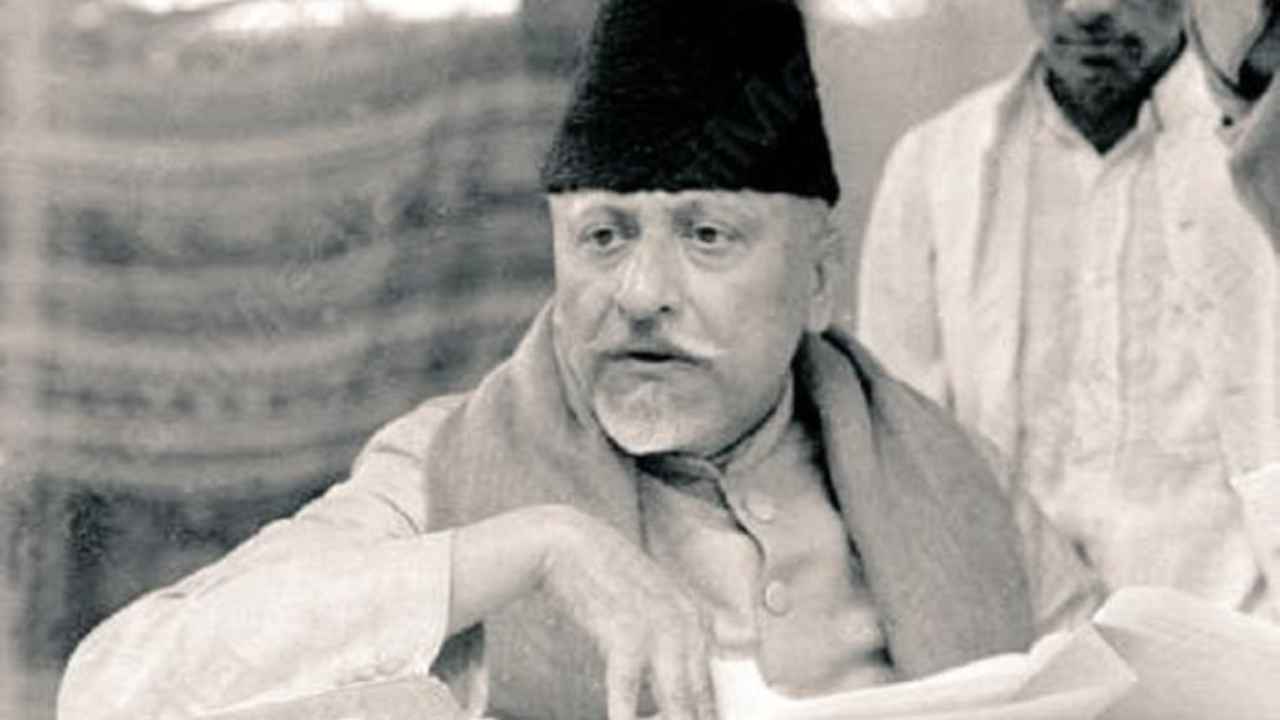Maulana Abul Kalam Azad

Maulana Abul Kalam Azad (1888-1958) was a prominent Indian freedom fighter, scholar, and statesman who made significant contributions to India’s struggle for independence and post-independence nation-building. He is remembered for his deep commitment to secularism, education, and social justice. Here is an overview of his life and contributions:
- Early Life and Education: Abul Kalam Azad was born on November 11, 1888, in Mecca, which is now in Saudi Arabia. His family moved to India when he was a child. He was well-educated in Arabic, Persian, Urdu, and English, and he showed a keen interest in literature and politics from a young age.
- Entry into Politics: Azad became involved in the Indian freedom movement at a young age and joined the Indian National Congress. He was deeply influenced by Mahatma Gandhi’s philosophy of non-violence and civil disobedience.
- Non-Cooperation Movement: Azad actively participated in the Non-Cooperation Movement launched by Mahatma Gandhi in the 1920s. He was arrested several times for his involvement in anti-British protests.
- Freedom Struggle: Maulana Azad was a strong advocate for Hindu-Muslim unity and worked tirelessly to bridge communal divides during a period when communal tensions were high. He was a key leader in the Indian National Congress and was known for his moderate and inclusive approach.
- Promotion of Education: Azad was deeply committed to education and served as the first Minister of Education in independent India. He played a pivotal role in the establishment of the Indian Institutes of Technology (IITs) and the University Grants Commission (UGC).
- Secularism: Azad championed the cause of secularism and religious harmony. His book “India Wins Freedom” is a notable account of the freedom struggle and his vision of a secular and pluralistic India.
- Death: Maulana Abul Kalam Azad passed away on February 22, 1958. His death marked the loss of a visionary leader and scholar.
- Legacy: Maulana Azad’s contributions to India’s freedom struggle, his dedication to secularism, and his emphasis on education continue to be celebrated. The Maulana Azad National Institute of Technology (MANIT) in Bhopal and the Maulana Azad Medical College in Delhi are among the institutions named in his honor.
Maulana Abul Kalam Azad is remembered as a symbol of unity, secularism, and education in India. His life and work have left an enduring legacy that continues to inspire generations of Indians.
Specific Content Keywords : Abul Kalam Azad,Freedom Fighter,Indian Nationalist,Congress Party,Independence Movement,Khilafat Movement,Non-Cooperation Movement,Educationist,Freedom of Speech,Islamic Scholar,President of the Indian National Congress,Unity in Diversity,National Integration,Partition of India,Maulana Azad National Urdu University,Jamia Millia Islamia,Hindustaniyat,Jawaharlal Nehru,Legacy and Contributions,Freedom of Religion.
Related Links

